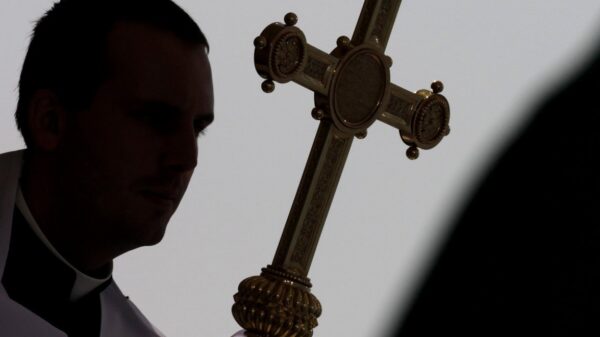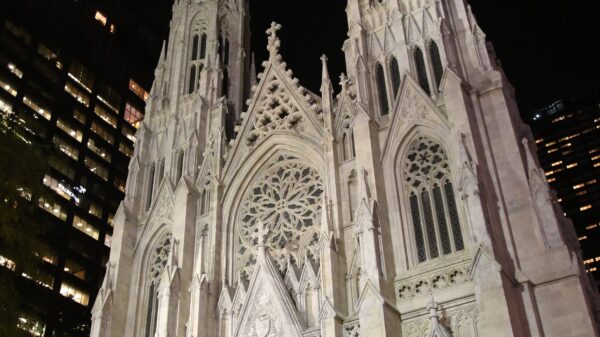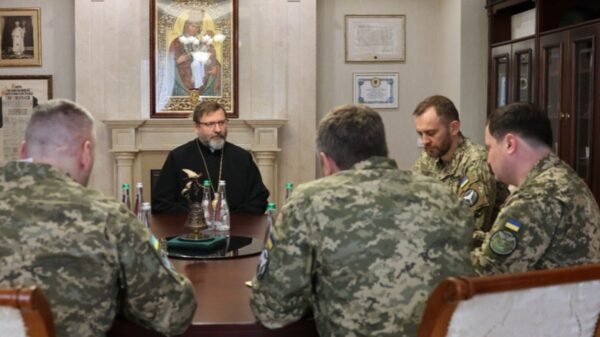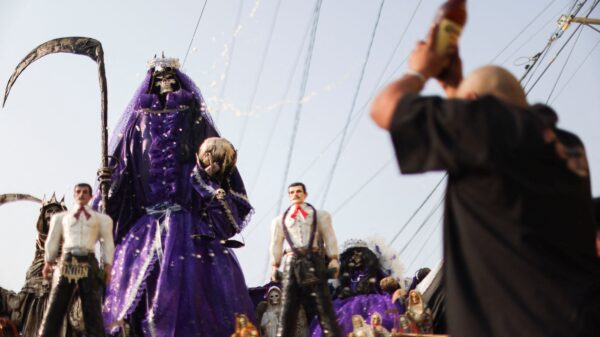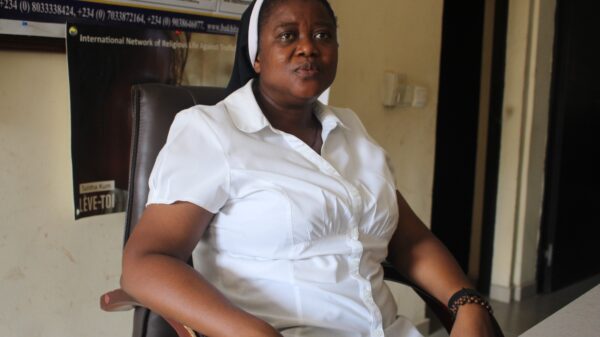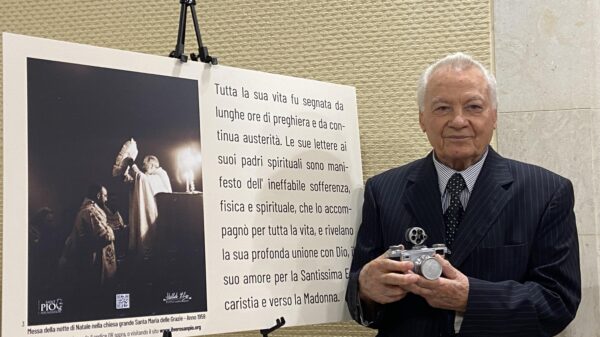‘What is Christianity? The Last Writings’
Pope Benedict XVI, Elio Guerriero (Editor), Georg Gänswein (Editor)
Ignatius Press (2023)
216 pages, $24.95
When Pope Benedict XVI passed into eternity at the end of 2022, many praised his professorial theological contributions to our understanding of the Catholic faith, and mourned his passing as one of the great thinkers of our time. Those who felt the loss of the German pope will be grateful to know that he left us with one last work to ponder.
Pulling from the writings, interviews, and speeches of Pope Benedict XVI, “What is Christianity?: The Last Writings” serves as an interpretation of several of the important documents and topics of the Second Vatican Council. Contrary to its title, this book is not a summary of Christian faith, but is rather a compilation of topics that the Holy Father had not previously discussed at length. In this sense, the book is a fitting capstone to the pope’s life of theological work, tying up anything that might be considered a loose end.
Unlike the late pontiff’s “Jesus of Nazareth” trilogy, this last work is more of an intellectual venture, seeking to clarify some of the confusion that flowed from the Council. To understand the somewhat random topics covered in the book, readers should have some familiarity with the documents of Vatican II, as well as some of the debates that have arisen as a result. The chapters focus especially on liturgy, interreligious dialogue with Muslims and Jews, and clerical celibacy, speaking with Benedict’s usual precision and clarity.
Pope Benedict’s holiness shines through in his serious treatment of these complex issues. It is obvious that he has created these writings out of a desire to help people understand the church as the keeper of ultimate truth, while also challenging the reader to expand his or her heart to match that of the Father, which encompasses all of humanity. The Holy Father’s defense of “Nostra aetate,” Vatican II’s declaration on the relationship of the church with non-Christian religions, is particularly passionate as he discusses the unique role that the Hebrew people play in salvation history and the tragedy of their ongoing persecution.
One chapter in this brief work did not quite work, however. Toward the end of the book is a chapter entitled, “The Church and the Scandal of Sexual Abuse.” It reads with Pope Benedict’s classical intellectualism but sadly comes across as cold and removed from the crisis that has gravely hurt so many. The editorial decision to provide a theological analysis of how such evil can exist in the church (rather than taking a pass and providing the comforting voice of a pastor who loves his flock) leaves something to be desired, as it is not representative of the pope’s actual treatment of abuse survivors and those hurt by the church.
Overall, “What is Christianity?” is a great gift to the church, especially for those who are familiar with Pope Benedict XVI’s other writings — including “The Spirit of the Liturgy” and “Introduction to Christianity.” While those who approach the book desiring inspiration or words from a spiritual leader may find the work lacking because of its narrow topics of focus, overall this work well fulfills its role of rounding out the opera omnia of one of the greatest theologians of our time.
– – –
Cecilia Cicone is an author and communicator who works in diocesan ministry in Northwest Indiana.


